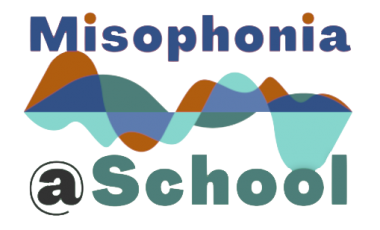The age of onset of the misophonic condition is not known, but some people report symptoms between 9 and 13 years. Misophonia is more common in girls where it occurs rapidly, although it does not appear to be related to any event.
Doctors aren’t sure what causes misophonia, but it’s certainly not an ear-related problem. They think it’s all connected to the mental side and the physical side of the person. It could be related to how sound affects the brain and triggers automatic responses in the body.
Since our ears are normal and our hearing is OK, the doctor may be having trouble with a diagnosis. Misophonia is sometimes mistaken for anxiety, bipolar disorder, or obsessive-compulsive disorder. Some doctors think it should be classified as a new disorder.
Often they are unaware of the condition and there is no consensus on the classification. Misophonia appears to occur on its own and also in conjunction with other health, developmental, and psychiatric problems.
A groundbreaking study recently found that misophonia is a brain-based disease. Researchers indicate a disruption of connectivity in parts of the brain that processes both sound stimulation and response, also involving parts of the brain that encode sounds.
Image from https://www.focus.it/comportamento/psicologia/se-hai-una-musica-in-testa-il-cervello-lanalizza-cosi



